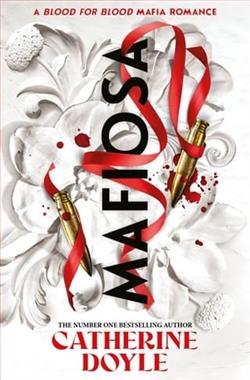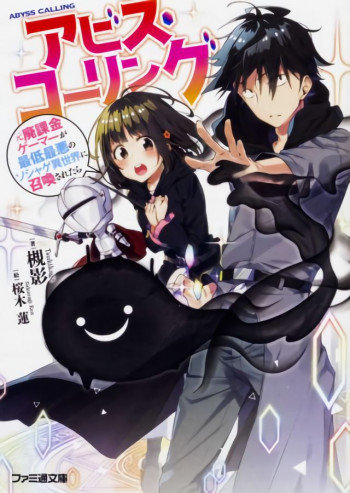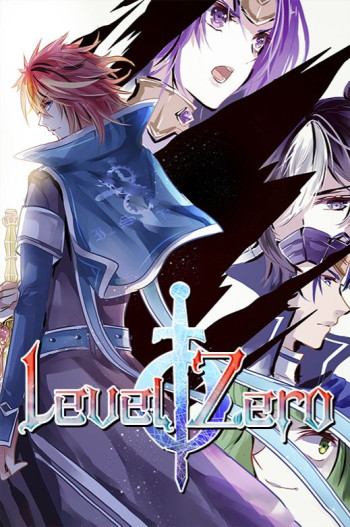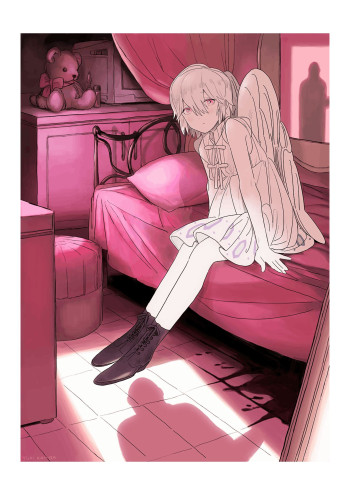Martial Peak Reviews
Catherine Doyle's Mafiosa, the final installment in the Blood for Blood trilogy, delivers a gripping conclusion to a saga that has captivated readers with its blend of romance, danger, and moral complexity. Set against the backdrop of a blood-soaked Chicago, this novel explores themes of loyalty, identity, and the cost of vengeance, all while maintaining a relentless pace that keeps readers on the edge of their seats.
At the heart of Mafiosa is Sophie, a character who has undergone significant transformation throughout the series. In this final chapter, Doyle masterfully portrays Sophie's evolution from a vulnerable teenager into a formidable force within the Mafia world. Her journey is both compelling and heart-wrenching, as she grapples with the duality of her existence—balancing the facade of a normal life with the brutal reality of her secret training as an assassin. This duality is a central theme in the novel, highlighting the internal conflict between who Sophie is and who she is forced to become.
The novel's exploration of identity is further enriched by Sophie's relationships, particularly with the enigmatic Nicoli. Their romance is fraught with tension and danger, underscoring the novel's theme of love in the face of adversity. Doyle skillfully navigates the complexities of their relationship, capturing the intensity of their connection while also acknowledging the inherent risks. This dynamic adds depth to the narrative, as readers are drawn into the emotional turmoil that defines Sophie's world.
One of the most striking aspects of Mafiosa is its portrayal of the Mafia as both a family and a ruthless organization. Doyle paints a vivid picture of the Mafia's inner workings, emphasizing the intricate web of loyalty and betrayal that defines its members. This duality is mirrored in Sophie's own struggle, as she must decide where her true loyalties lie. The novel raises thought-provoking questions about the nature of family and the sacrifices one must make to protect those they love.
In terms of character development, Doyle excels in crafting multidimensional characters who defy easy categorization. Sophie is a particularly compelling protagonist, as her internal conflict and moral ambiguity make her a relatable and sympathetic figure. The supporting cast is equally well-developed, with each character contributing to the novel's rich tapestry of intrigue and suspense. Doyle's ability to create complex characters is a testament to her skill as a storyteller, and it is this depth that elevates Mafiosa beyond a simple romance or crime novel.
The novel's pacing is another standout feature, with Doyle expertly balancing moments of intense action with quieter, introspective scenes. This rhythm keeps readers engaged, as the stakes are continually raised and the tension mounts. The action sequences are particularly well-executed, with Doyle's cinematic writing style bringing the violence and chaos of the Mafia world to life. These scenes are not gratuitous, however, as they serve to underscore the novel's themes of power and survival.
Comparatively, Mafiosa shares thematic similarities with other works in the genre, such as Mario Puzo's The Godfather and L.J. Shen's Sinners of Saint series. Like Puzo, Doyle delves into the intricacies of Mafia life, exploring the moral complexities and ethical dilemmas faced by those within the organization. However, Doyle's focus on a female protagonist sets her work apart, offering a fresh perspective on a traditionally male-dominated genre. Similarly, Doyle's exploration of romance amidst violence echoes Shen's work, though Doyle's emphasis on character development and thematic depth distinguishes her narrative.
Overall, Mafiosa is a fitting conclusion to the Blood for Blood trilogy, offering a satisfying resolution to Sophie's journey while leaving readers with much to ponder. Doyle's ability to weave together themes of love, loyalty, and identity within a thrilling narrative is a testament to her prowess as a writer. For fans of the series, Mafiosa delivers on its promise of an epic conclusion, while newcomers will find a richly layered story that stands on its own merits.
In conclusion, Catherine Doyle's Mafiosa is a masterful blend of romance, action, and moral complexity, offering a fresh take on the Mafia genre. With its compelling characters, intricate plot, and thought-provoking themes, the novel is sure to resonate with readers long after the final page is turned. Whether you're a fan of the series or new to Doyle's work, Mafiosa is a must-read for anyone seeking a story that challenges and entertains in equal measure.
























Reviews 0
Post a Reviews: